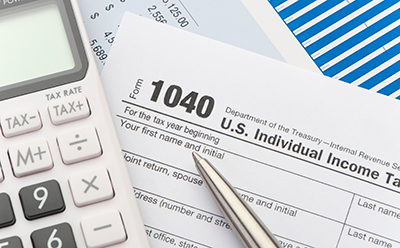Buying a Car? Consider the Financial Terms
It’s finally time to buy that car you’ve envisioned driving off the lot for the past few weeks, or months, but you’re uneasy signing the paperwork to finance the car of your dreams. You’re not alone. More than 85 percent of new-car purchases and 53 percent of used-car purchases involve an auto loan.

Perhaps you’re ready to get moving on your new car because you’ve been preapproved for a low interest rate, and you’ve saved for a down payment. Those two factors will contribute to a lower monthly payment.
But there’s more to buying a car than a low monthly payment. Look at all the terms of the loan, including how long the interest rate on your preapproved car loan is effective, how many days you’ll have before you are required to make your first payment and if there is a prepayment penalty.
Here are some questions to consider when you’re looking for a good deal on your next set of wheels:
Is zero interest too good to be true? The New York Times recommends that you should be cautious when the dealer offers to finance a car for zero interest. Among the recommendations are: make sure you’ve negotiated the best deal; be aware that your credit score may not qualify for zero interest; and not all models come with a zero-interest offer. The article reminds shoppers to go to a credit union for competitive rates.
Should I buy now, before the rates increase? Interest rates do change, and not always for the better. Among the recommendations USA Today makes are to not dwell on the car payment, which could include easy-to-miss costs tucked into the payment that could boost what you’re paying in the long run. USA Today also recommends that you shop for car-loan rates at credit unions. RBFCU, for example, can offer qualified applicants a preapproved rate that can extend for a few months. It will remain set at that rate for that amount of time even if the credit union raises its published rate.
Can I get longer-term financing, lower payments? Yes, you can get a lower rate by agreeing to a 72-month, or even an 84-month, car loan. Before you do, ask yourself how long you think you’ll keep this car. When it’s time to trade it in or sell it, you could end up owing more than the car is worth. That’s known as being upside down on a loan. This can also be a negative if your car is damaged in an accident and has been declared a total loss by the insurance company. The settlement check you receive likely will be less than what you owe on the car.
Can you pay off your loan early? Also known as prepaying the money you owe, it’s something that could be a part of the terms of your loan and needs to be clarified before you sign. Some lenders charge a prepayment penalty.
There’s a lot involved with buying a car. For more on the process, the Federal Trade Commission offers some things you want to consider when you’re looking for a car.



